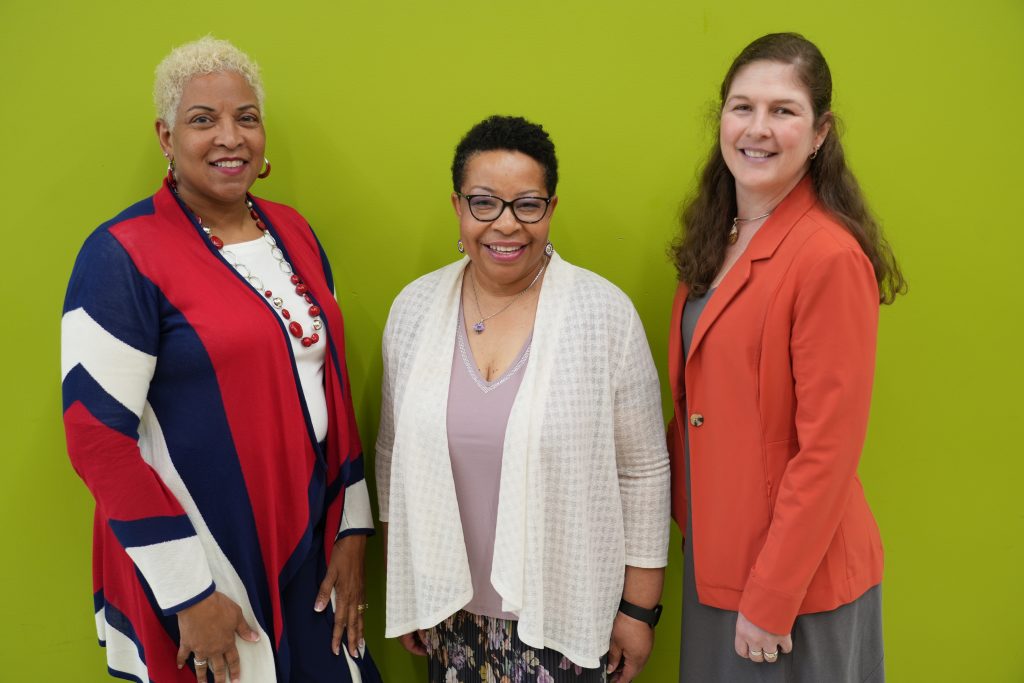
The UNC Greensboro School of Nursing was awarded a four-year grant worth $2.5 million to increase the number of nurse practitioners prepared to provide primary care to underserved and rural communities around Guilford County and nationally.
A team of School of Nursing faculty members led by Wanda Williams, PhD, RN, MSN, WHNP-BC, CNE, received funding from the U.S. Health Resources and Services Administration through a grant with the Advanced Nursing Education Workforce (ANEW) Program. The grant runs from July 1 through June 30, 2027.
The School of Nursing will receive $2,595,303 over four years from the ANEW Program, with funding for the first year set at $649,373. More than half of the funds will be used to cover student fees, including tuition, stipends, and books.
“This funding will substantially benefit the people of North Carolina because UNCG will be able to educate more nurse practitioners to help ameliorate the primary care shortage and increase access to health care in our state,” said Debra J. Barksdale, PhD, FNP-BC, CNE, FAANP, ANEF, FAAN, dean of the School of Nursing.
With the new grant, the School of Nursing will support students from diverse and underrepresented backgrounds to earn a graduate degree from one of UNCG’s two nurse practitioner programs – either adult gerontological primary care nurse practitioner (AGPCNP) or family nurse practitioner (FNP).
The School of Nursing has a nationally recognized doctor of nursing practice (DNP) program that offers an AGPCNP concentration. In addition, the School of Nursing has launched an FNP concentration that will begin this fall, which will provide students who wish to further their education a seamless admission from the master of science in nursing program to the DNP program.
“It is essential to ensure a diversified workforce of health professionals that is reflective of the communities and populations being served,” Williams said. “Financial barriers can be a major deterrent for many nurses from underrepresented and disadvantaged backgrounds, and the ANEW Program will significantly help reduce this barrier for registered nurses wishing to achieve an advanced degree.”
Cone Health will provide clinical sites and other opportunities for nurse practitioner students to help care for patients from rural and underserved populations.